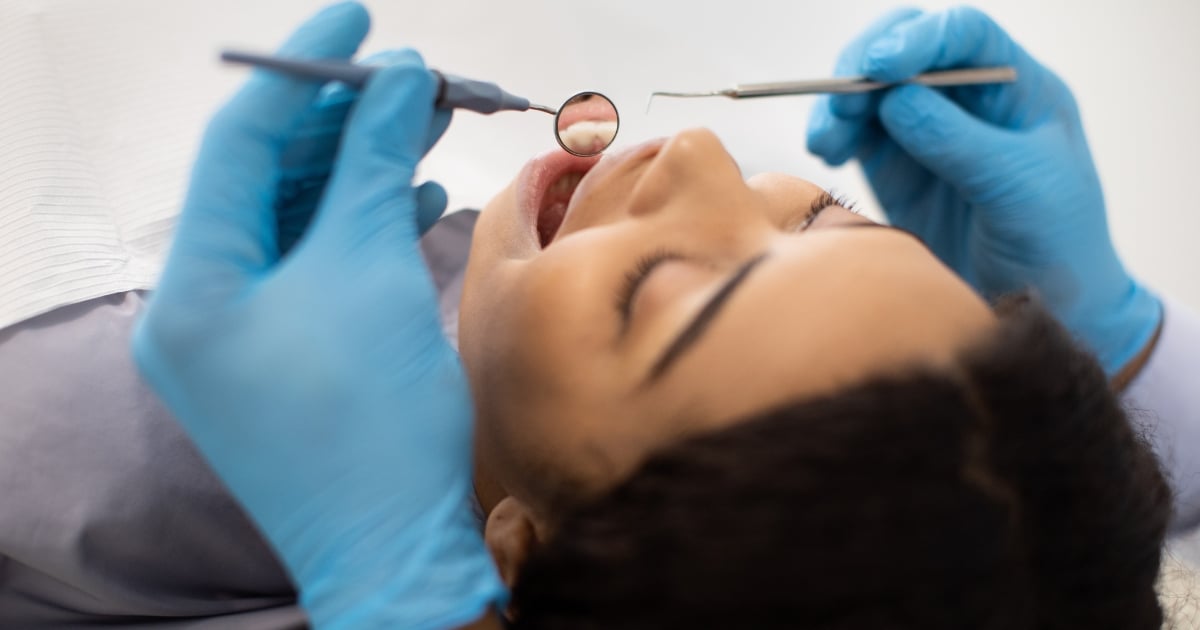Dental Crown Aftercare: 5 Key Tips for Success
A dental crown can be a lifesaver for anyone looking to restore their smile after a damaged tooth. Whether you’ve just had a dental crown placed or you’re preparing for the procedure, proper aftercare is crucial to its longevity. Crowns are durable, but they’re not invincible. How you care for your dental crown directly impacts how long it lasts and how comfortable you feel with it.
Here’s what you need to know about keeping your dental crown in Austin in tip-top shape. Below are five essential aftercare tips that can make all the difference:
1. Mind Your Bite – Avoid Hard or Sticky Foods
Once your dental crown is placed, returning to your usual eating habits can be tempting. But before you dive into that chewy candy or crunchy snack, consider how these foods might impact your crown. Hard foods like ice, popcorn kernels, or hard candy can chip or damage the crown. Similarly, sticky foods like caramel or gum can loosen it, mainly if it hasn’t fully settled yet.
Instead of putting your new crown to the test, stick to softer foods, particularly in the first few days. Over time, you can ease back into your regular diet, but always be cautious with tough or sticky bites.
2. Prioritize Good Oral Hygiene
Just because your dental crown in Austin isn’t a natural tooth doesn’t mean it doesn’t need care. The area where your crown meets your gum is particularly susceptible to plaque buildup, which could lead to decay or gum disease.
To keep your mouth healthy and your crown in top condition:
- Brush your teeth twice daily, paying extra attention to the crown’s edges.
- Use fluoride toothpaste to help protect your remaining natural teeth.
- Floss daily to prevent food particles from getting trapped around the crown. Consider using a floss threader or water flosser if your crown feels difficult to clean.
Remember, a well-cared-for crown helps protect your natural tooth underneath, preventing future complications.
3. Address Any Sensitivity Early
It’s not uncommon to experience some sensitivity after getting a dental crown. This sensation typically goes away after a few days, whether it’s to hot or cold foods. However, if the sensitivity persists, don’t ignore it. Your crown might need adjustment, or the tooth underneath could react to the procedure.
A quick call to your dentist can clarify things. They may recommend desensitizing toothpaste or suggest other solutions to make your daily routine more comfortable.
4. Watch Out for Grinding and Clenching
Do you grind your teeth or clench your jaw, especially at night? If so, it’s essential to let your dentist know. Teeth grinding, known as bruxism, can put excessive pressure on your dental crown, causing it to crack or become loose over time.
To protect your investment, your dentist might suggest wearing a nightguard to cushion your teeth as you sleep. It’s a simple solution to prevent wear and tear on your crown and surrounding teeth.
5. Don’t Skip Regular Dental Checkups
Even though your crown is made from durable materials, it’s not immune to wear. Regular dental checkups allow your dentist to monitor the tooth’s health beneath the crown and ensure everything functions well. They can catch early signs of issues, such as loosening or damage, and address them before they become bigger problems.
During these visits, your dentist will also clean your teeth professionally, helping to remove any plaque or tartar buildup that could compromise your crown’s longevity.
Getting a dental crown in Austin is an investment in your smile, so taking the right steps for aftercare is essential. By avoiding hard or sticky foods, maintaining excellent oral hygiene, addressing sensitivity early, managing teeth grinding, and sticking to your dental checkups, you can ensure your crown lasts for years. Consult a dentist at least twice yearly to keep your smile bright and white.
Every smile is unique, and while crowns can restore function and aesthetics, how you care for them is what truly matters. Think of it like this: just as you would protect a valuable piece of jewelry, you should protect your dental crown. Following these simple tips, you can enjoy a healthy, confident smile without worry.
So, what’s the first thing you should do after getting a dental crown? Start by giving it a little extra care and attention. Your future self will thank you.


